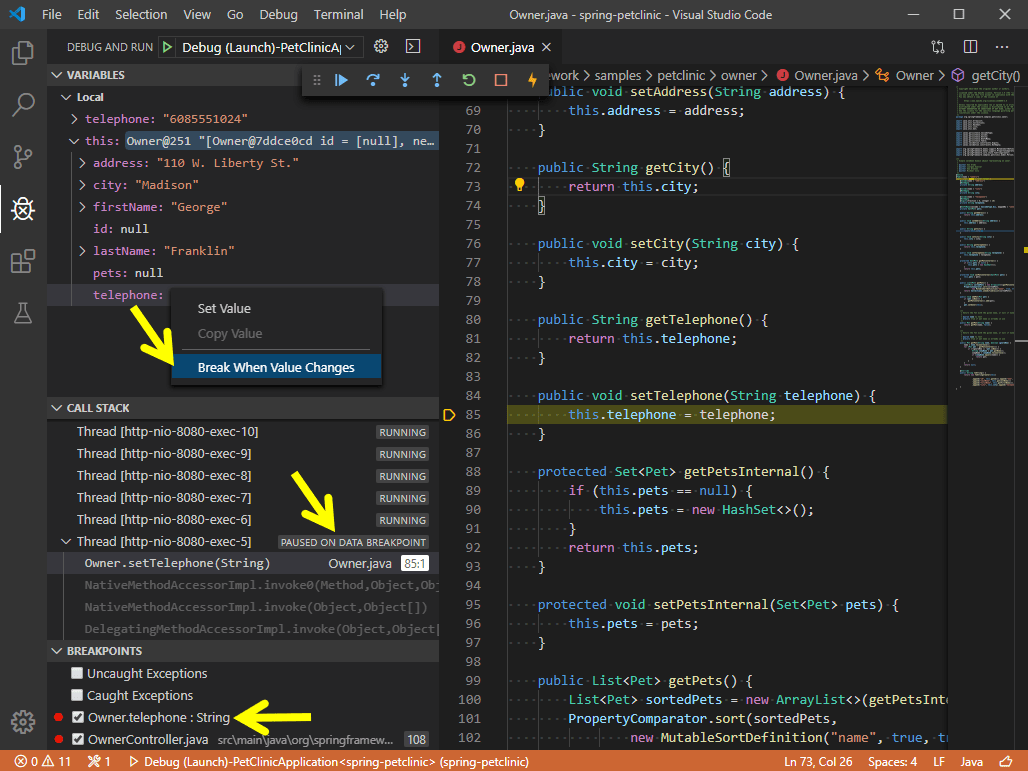

In that blog, we also shared how to configure JDKs for your project and for running VS Code for Java respectively, which requires you to manually configure two settings in ‘settings.json’ file. Back to September, we published a blog clarifying: 1) Java 11 as minimum version of JDK is only required for running VS Code for Java 2) VS Code continuously supports projects with JDK version 1.5 or above. In this update, we are excited to announce a new wizard for Java runtime configuration.

It provides options for Ubuntu as shown in Fig 1.Welcome to the update of Java on Visual Studio Code for November. We can download Visual Studio from the official download page. You can also follow How To Install IntelliJ IDEA for Java on Ubuntu to install IntelliJ IDEA on the popular Debian based Linux distribution - Ubuntu.

You may also be interested in How To Install OpenJDK 12 On Ubuntu, How To Install Java 11 On Ubuntu, and How To Install VSCode For Java On Windows. Notes: It assumes that Java is already installed on the system. This tutorial provides all the steps required to install VSCode on Ubuntu 18.04 LTS, though the steps should be similar for other Linux systems. It provides several features for Java development including IntelliSense, Syntax Highlighting, Bracket Matching, Snippets, Linting, etc. In this tutorial, we will discuss how to install and prepare Visual Studio Code or VSCode for Java development on the popular Linux distribution i.e. It also supports plugin development and there are several community-driven plugins available for it. It provides support for several programming languages. Visual Studio Code or VSCode is a cross-platform, lightweight editor and became popular in a very short span.


 0 kommentar(er)
0 kommentar(er)
